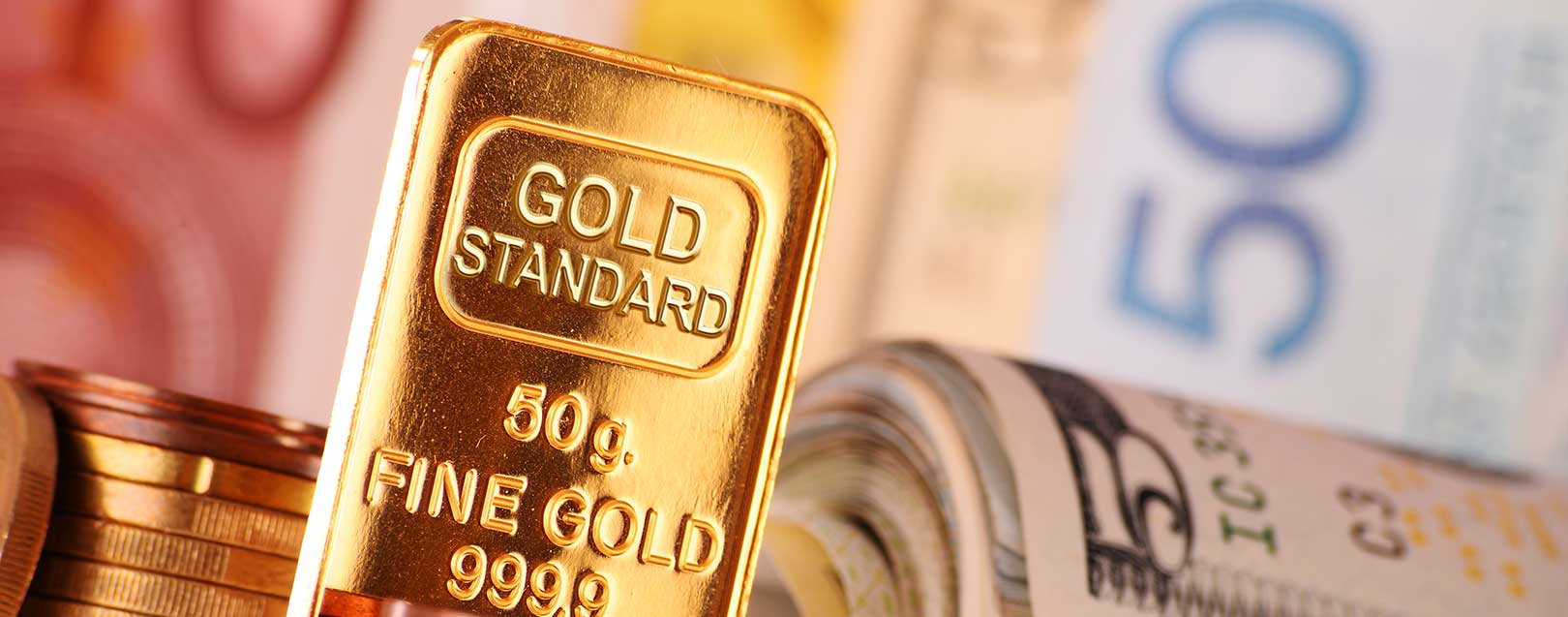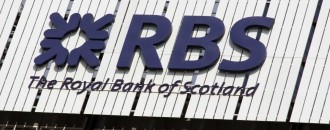
Gold prices edges down as Brexit shock wanes
The Dollar Business Bureau
Global gold prices declined on Thursday after rising almost 1% during the previous session, as the effect of Brexit began to fade with most of the global markets heading towards normalisation.
Spot gold had fallen by 0.3% to $1,314.30 per ounce. On Wednesday, gold prices raised for three out of four sessions. US gold was down 0.7% at $1,317.40. Silver climbed about 3% to reach a 1-1/2 year high on Wednesday, but was nearly flat at $18.27 per ounce.
Asian stock markets went up on Thursday, while the dollar remained near a 3.1/2 month high against other global currencies.
Several global analysts said the market has moved away from the Brexit saga, as there have been no more shocks in the global market since Britain’s separation from the European Union. They also felt the US Federal Reserve might not increase interest rates in the coming months.
Credit Suisse on Wednesday also raised its short-term and long-term gold and silver price forecasts, as it intended to ascertain prolonged macro and political situation following the Brexit vote.
"We forecast the gold price to increase through 2016 and believe the $1,500/oz mark could be tested by late 2016 or early 2017 as the macro implications of the Brexit vote are clarified, and the November 8 US election weighs on sentiment," the bank said.
Holdings in SPDR Gold Trust, the largest gold-backed exchange-traded fund in the world, went up 0.28% to 950.05 tonnes, the highest since July 2013, on Wednesday. Among other metals, platinum rose 0.3% to $1005.70 an ounce. Palladium was up nearly 1% at $591.






 to success.
to success.